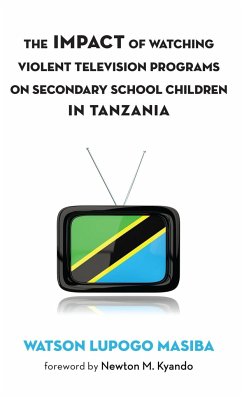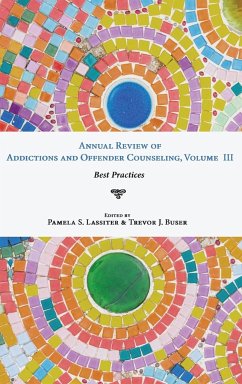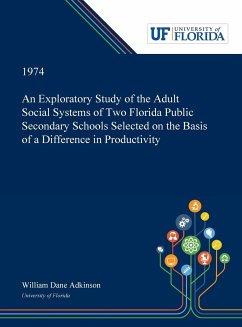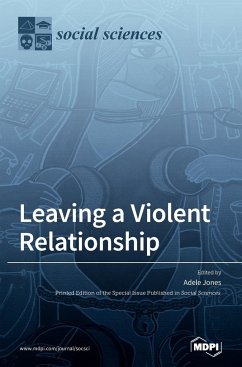
The Impact of Watching Violent Television Programs on Secondary School Children in Tanzania
Versandkostenfrei!
Versandfertig in 1-2 Wochen
33,99 €
inkl. MwSt.
Weitere Ausgaben:

PAYBACK Punkte
17 °P sammeln!
Violent television programs are highly preferred by children. They stimulate their emotions and increase curiosity about violence-related issues. This means that watching violent television programs has an impact upon their way of perceiving the world around them and acting in response to it. This study investigated the impacts of watching violent television programs on secondary school children in Tanzania. The specific objectives were: to examine children's accessibility to the TV, ascertain the types of violent TV programs and the time children spend watching them, determine the ways in whi...
Violent television programs are highly preferred by children. They stimulate their emotions and increase curiosity about violence-related issues. This means that watching violent television programs has an impact upon their way of perceiving the world around them and acting in response to it. This study investigated the impacts of watching violent television programs on secondary school children in Tanzania. The specific objectives were: to examine children's accessibility to the TV, ascertain the types of violent TV programs and the time children spend watching them, determine the ways in which watching violent TV programs affects their academic performance, find out the impact of watching violent TV programs on their discipline, and examine the role of parents in addressing the impacts of watching violent TV programs upon their children. Results indicate that most secondary school children watch violent TV programs at home in the sitting rooms. They spend an average of three hours per day on weekdays, and seven-and-half hours on weekends, watching movies, music, drama, and informational programs that were identified as the most violent ones. Obviously, spending lots of time watching violent TV programs decreases children's academic performance and discipline. This book is important because it discusses the parents' role in discouraging and limiting children from watching violent TV programs, and choosing appropriate TV programs for them.













